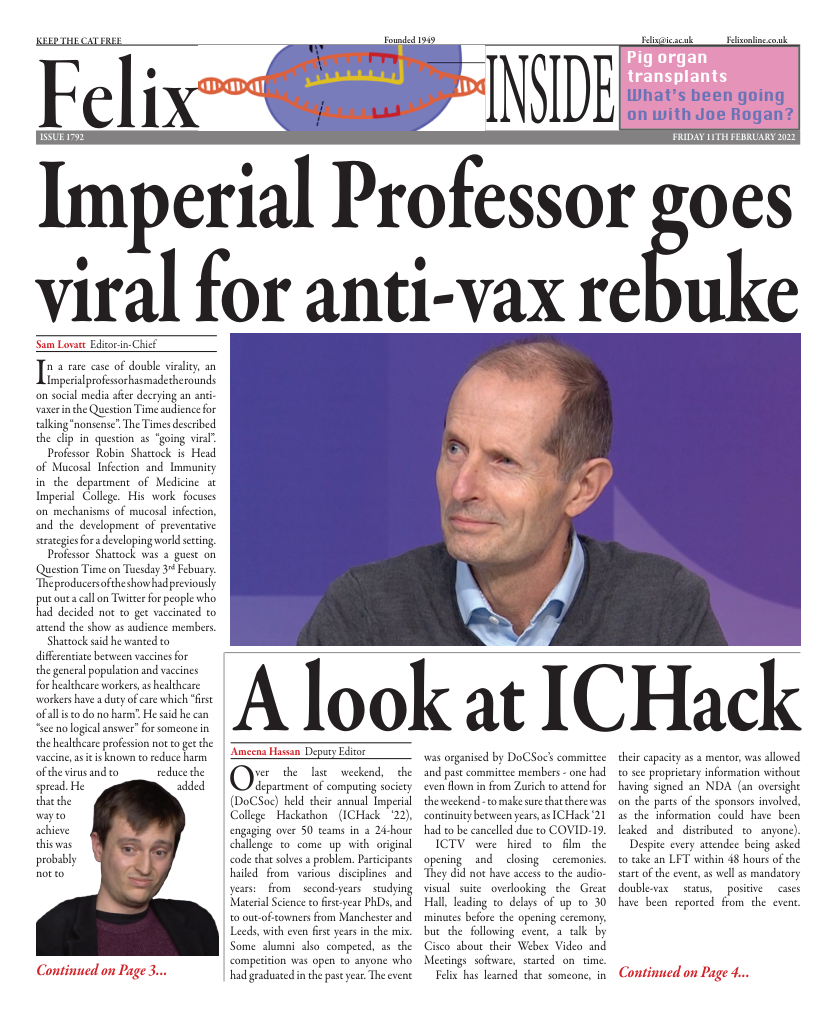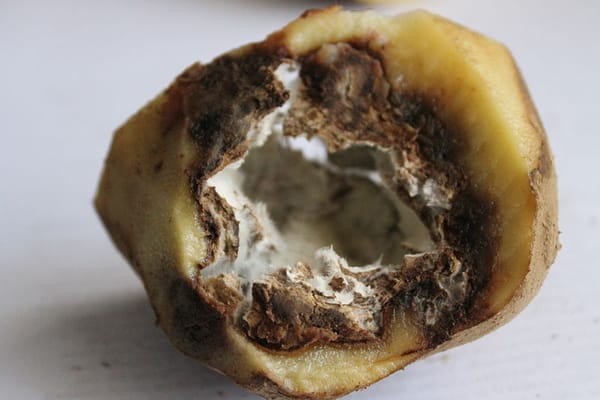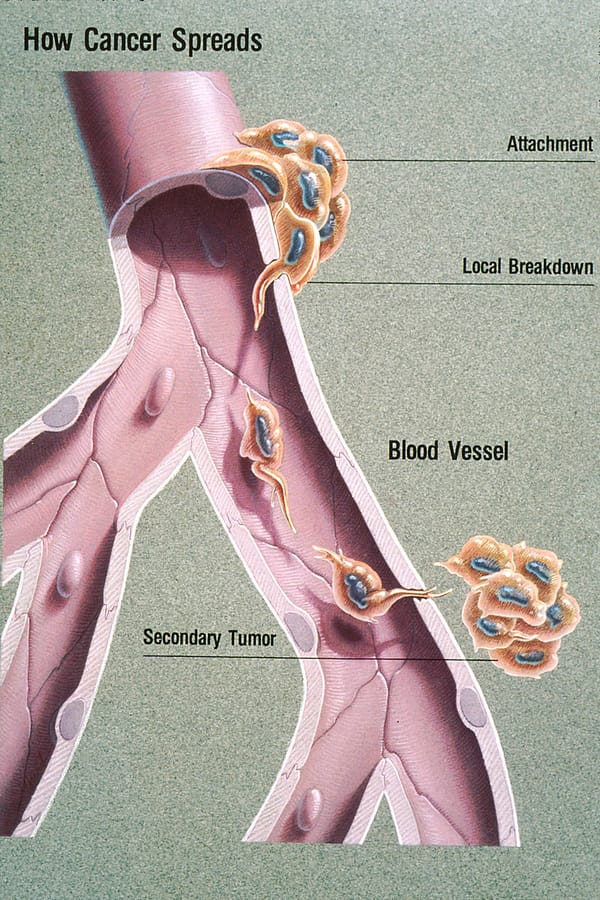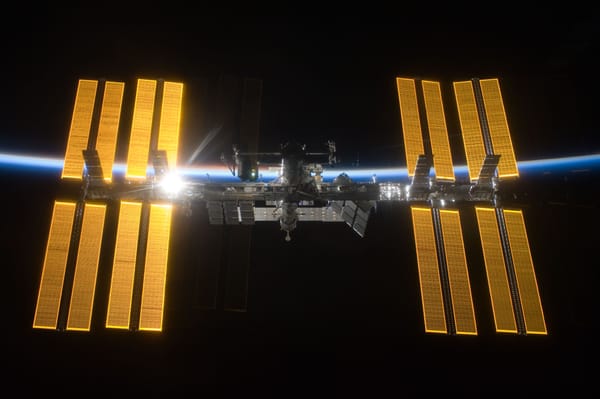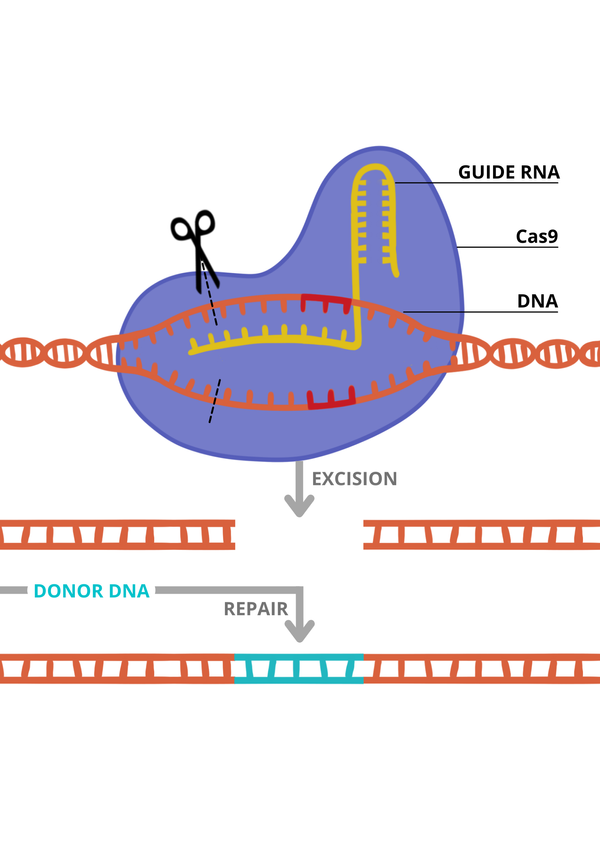This week in Science... (11/02/2022)
The weeks science news from Imperial and around the world
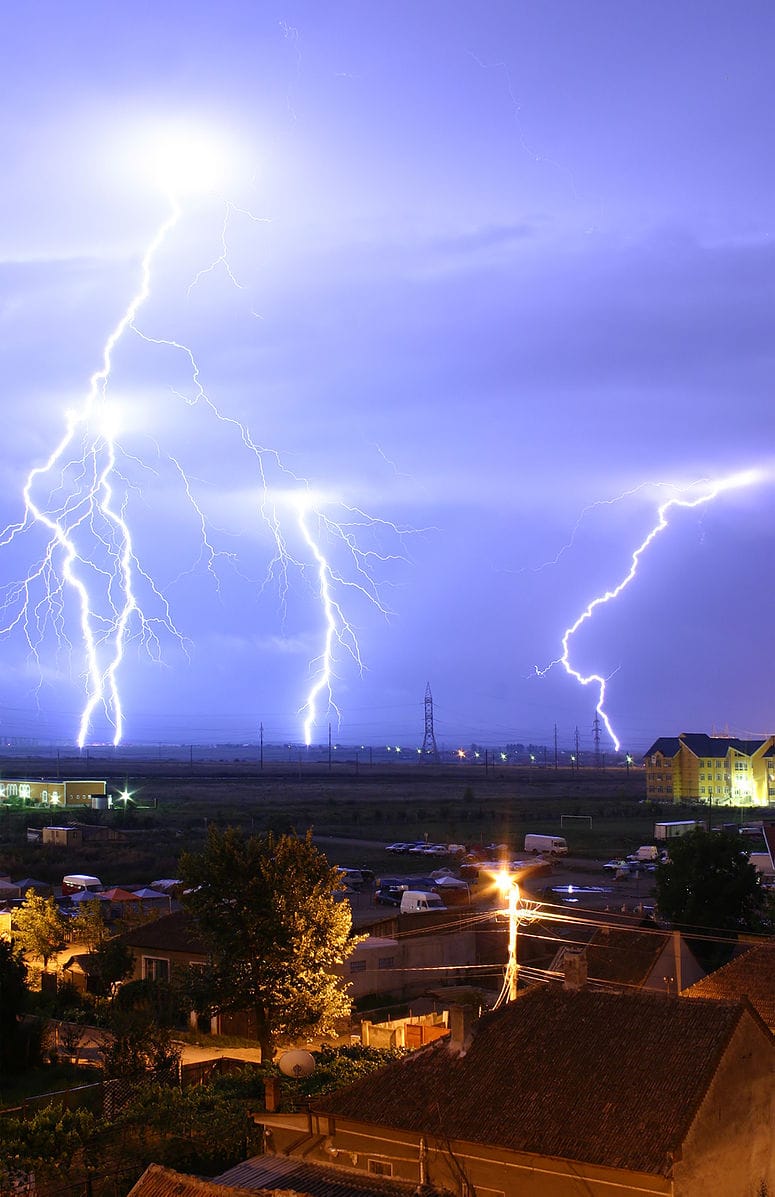
From Imperial...
COVID-19 vaccine may not be as effective in patients with IBD treatment
Inflammatory bowel disorder (IBD) is the long-term inflammation of the gut. Immunosuppressant drugs are often prescribed as treatment to reduce inflammation, but they can increase the risk of infections. Little is known about how patients with IBD treatment respond to vaccines. Two particularly immunosuppressant drugs - infliximab and tofacitinib - significantly decrease the ability to induce protective antibody responses. This was observed in 10% of patients on infliximab.
Sticky situation! The search for magnetic monopoles
New experiments, envisaged by Imperial scientists, at the Large Had- ron Collider (LHC) in CERN are bringing scientists closer to magnetic monopoles, which have only a North or South magnetic pole. The LHC usually smashes single protons together at very high energies. In 2018 it smashes heavy ions together, at lower energies. If the nuclei of two lead ions pass very close to each other, it creates the strongest magnetic field in the universe. This method could produce monopoles, but so far the experiments have not crashed heavy ions together with enough energy. However, they have given scientists a food idea of the weight of monopoles, and the kinds of higher energy that could be used in future to create them.
From around the world...
Pssssss... ploink! Dog urine and faeces could harm plant biodiversity in nature reserves
A group of scientists at Ghent University in Belgium have found that dog waste could be harming the biodiversity of plants in suburban nature reserves. Urine and faeces contain large amounts of nitrogen and phosophorus, which act as fertilisers, encouraging the growth of certain plants, and resulting in habitat degradation. Prior to this study, little research had been conducted into the impact of dog waste on wildlife, with the focus on disease transmission and disturbance of fauna. The researchers monitored the number of dogs at four nature reserves in Belgium and estimated the amount of nitrogen and phosphorus they brought in, using existing data on nitrogen and phosphorus concentrations in dog faeces and urine. The study assumed that dog owners don’t take any of the waste away with them. “Dog owners should be aware that their dog is behaving as a fertiliser, and if this is not yet the case, pick up their faeces more”, said Professor Pieter De Frenne, speaking to New Scientist. The researchers found that dog owners picking up all their dogs’ faeces would reduce nitrogen and phosphorus input 57% and 97% respectively, compared to the case where none of it was picked up.
Ka-chow! Two 2020 lightning flashes were longest on record
The World Meteorological Organisation has concluded that two lightning flashes which occurred in 2020 were the longest ever recorded. The first flash occurred in southern USA in April 2020, and spanned 768km – longer than the distance from London to Inverness, and 60km longer than the previous record. The second flash occurred in South America, along the Uruguayan-Argentinian border, lasting for 17 seconds, making it the longest single flash ever detected. Speaking to New Scientist, Randall Cerveny, Professor of Geographical Sciences at Arizona State University, said, “This is important to scientists because it improves our understanding of the dynamics of lightning: how, where and, importantly, why lightning occurs the way it does.”

